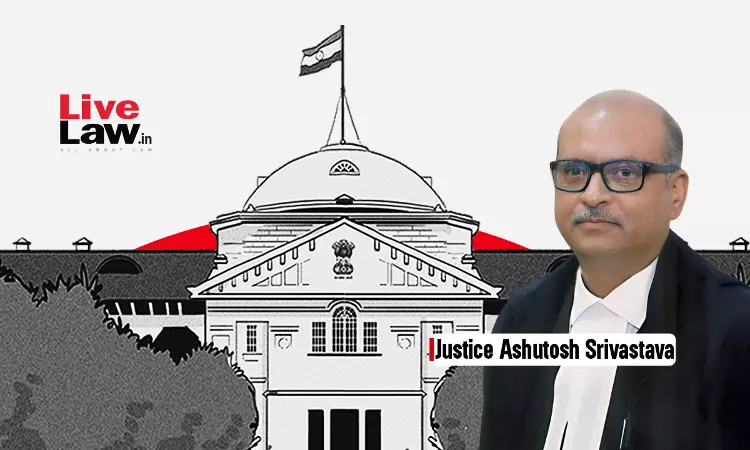Certified Copy Of Lease Rent Agreement Is Admissible Evidence In Small Causes Court: Allahabad High Court
Upasna Agrawal
10 Aug 2024 12:00 PM IST

Next Story
10 Aug 2024 12:00 PM IST
The Allahabad High Court has held that a certified copy of a Lease Rent Agreement is admissible evidence in proceedings before the Small Causes Court as it is a 'public document' under the Indian Evidence Act, 1872.Justice Ashutosh Srivastava held that “certified copy of the Lease Agreement is a Public Document, as contemplated under Section 74 of the Indian Evidence Act, 1972 and in terms...
